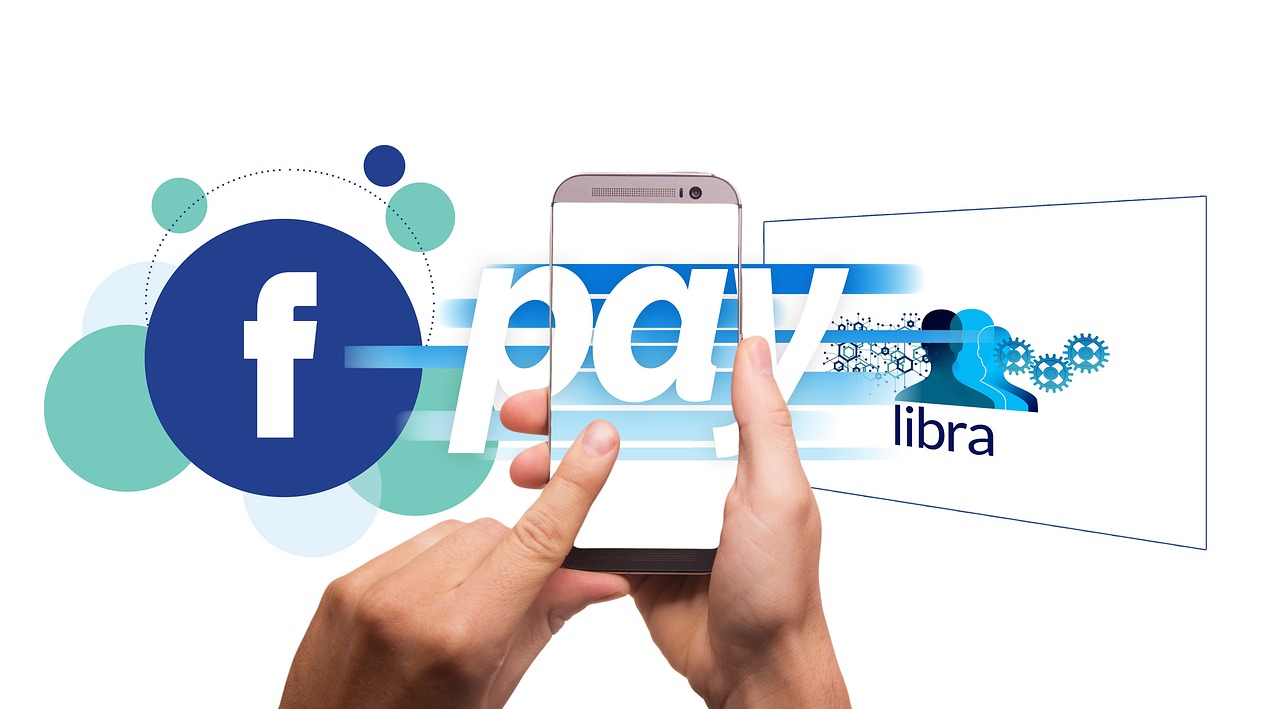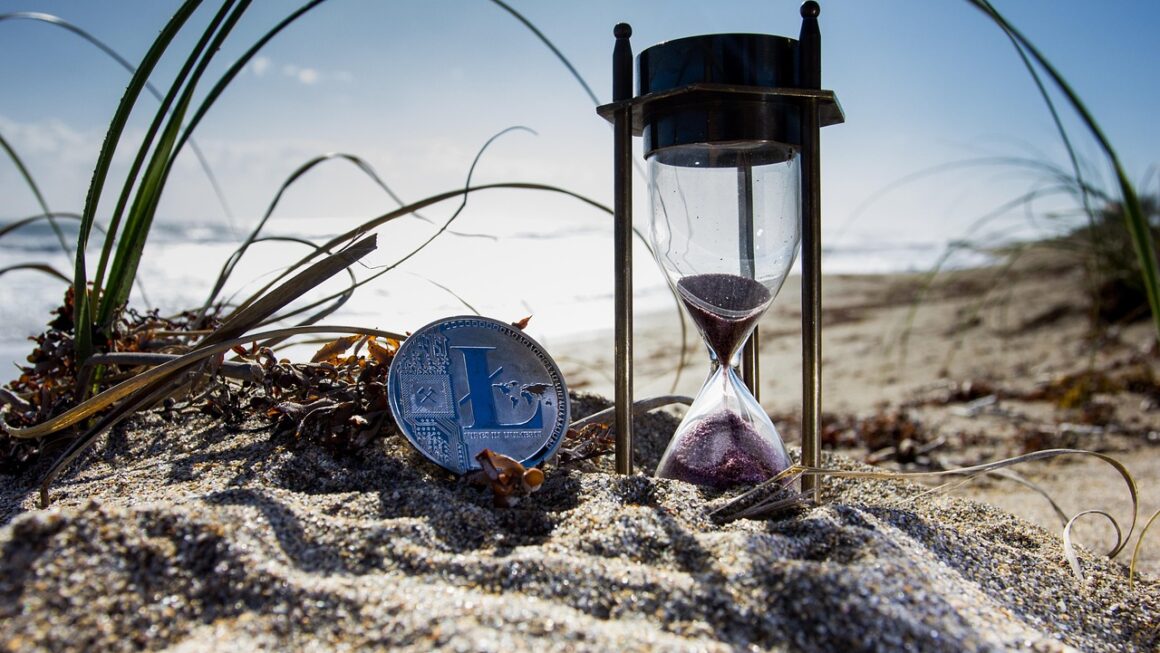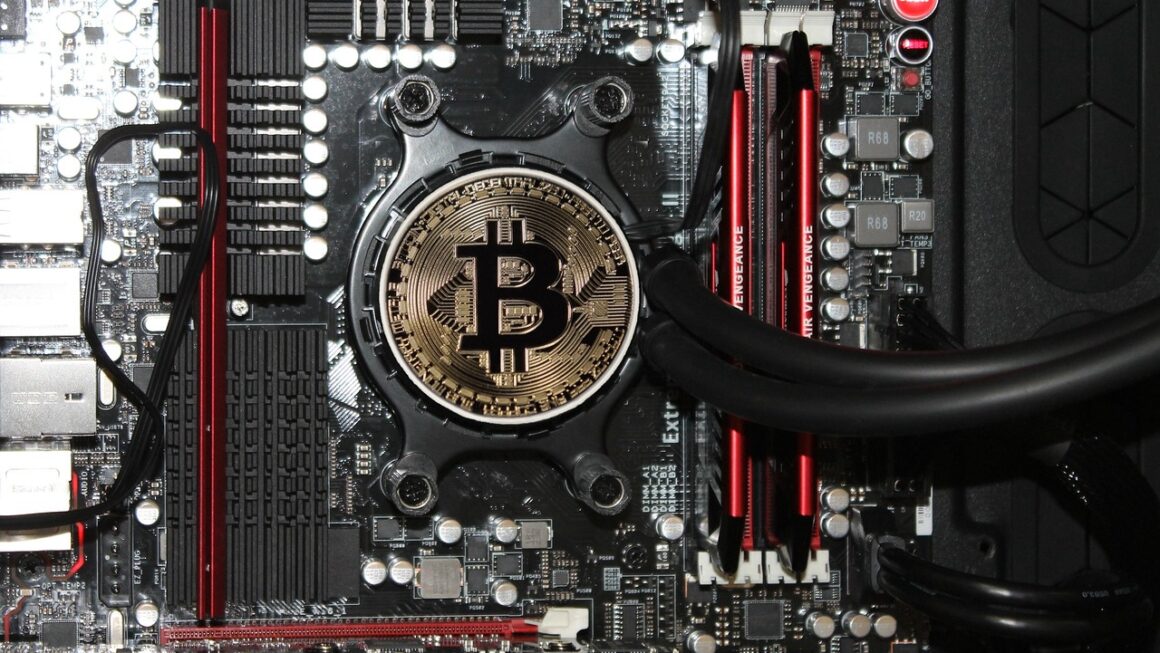Bitcoin. The word itself conjures images of digital gold, revolutionary technology, and perhaps a bit of mystery. But what is Bitcoin, really? Beyond the headlines and the hype, lies a fascinating world of cryptography, decentralization, and a vision for a new kind of financial system. This guide will break down Bitcoin from its core principles to its practical applications, empowering you to understand this groundbreaking technology.
What is Bitcoin? A Deep Dive
The Foundation: Blockchain Technology
At its heart, Bitcoin is a decentralized digital currency. This means it’s not controlled by a single entity, like a central bank. Instead, it relies on a distributed ledger technology called blockchain. Think of the blockchain as a public record book that everyone can view, but no single person can alter unilaterally. Each “block” in the chain contains a batch of transactions, and these blocks are linked together chronologically and secured using complex cryptography.
- Decentralization: No single point of failure or control. This makes Bitcoin more resistant to censorship and manipulation.
- Transparency: All transactions are publicly recorded on the blockchain, although user identities are pseudonymous.
- Security: Cryptography ensures the integrity of the blockchain and prevents tampering.
- Immutability: Once a transaction is confirmed and added to the blockchain, it cannot be reversed or altered.
Bitcoin Mining: Securing the Network
So, how are these blocks created and added to the blockchain? That’s where Bitcoin mining comes in. Miners use powerful computers to solve complex mathematical problems, and the first miner to solve the problem gets to add the next block to the chain. As a reward for their work, miners receive newly minted Bitcoins and transaction fees.
- Proof-of-Work (PoW): Bitcoin uses a consensus mechanism called Proof-of-Work. This requires miners to expend significant computational power to solve the cryptographic puzzles, making it expensive and difficult to attack the network.
- Incentive Structure: The block reward and transaction fees incentivize miners to participate in the network and secure it.
- Difficulty Adjustment: The difficulty of the mining puzzle adjusts automatically to ensure that new blocks are added to the blockchain roughly every 10 minutes.
- Example: Imagine a race where miners compete to solve a complex math problem. The first to find the solution publishes it to the network, and other miners verify the solution. If it’s correct, the new block is added to the chain, and the winner gets a prize (Bitcoin!).
Getting Started with Bitcoin
Setting Up a Bitcoin Wallet
Before you can buy, sell, or use Bitcoin, you’ll need a Bitcoin wallet. A wallet is a digital tool that allows you to store, send, and receive Bitcoins. There are several types of wallets available:
- Software Wallets: These are applications you install on your computer or smartphone. They offer convenience and control, but they can be vulnerable to malware and hacking if not properly secured. Examples include Electrum and Exodus.
- Hardware Wallets: These are physical devices that store your private keys offline, making them much more secure than software wallets. Examples include Ledger and Trezor.
- Web Wallets: These are wallets hosted by third-party providers. They’re easy to use but require you to trust the provider to keep your Bitcoins safe. Examples include Coinbase and Binance.
- Paper Wallets: These are physical printouts of your Bitcoin address and private key. They offer excellent security but require careful handling and storage.
- Tip: Always back up your wallet and store your backup in a safe place. Losing access to your wallet means losing access to your Bitcoins. Consider a hardware wallet for long-term storage of significant amounts of Bitcoin.
Buying Bitcoin
Once you have a wallet, you can buy Bitcoin through various methods:
- Cryptocurrency Exchanges: These platforms allow you to buy and sell Bitcoin and other cryptocurrencies. Popular exchanges include Coinbase, Binance, Kraken, and Gemini.
- Peer-to-Peer (P2P) Marketplaces: These platforms connect buyers and sellers directly, allowing you to negotiate prices and payment methods. Examples include LocalBitcoins and Bisq.
- Bitcoin ATMs: These machines allow you to buy Bitcoin using cash or debit cards. However, they often charge higher fees than exchanges.
- Example: Using Coinbase, you can link your bank account or debit card, and then purchase Bitcoin by specifying the amount you want to buy. The exchange will then execute the transaction and deposit the Bitcoin into your Coinbase wallet.
- Important Considerations:
Familiarize yourself with the platform you choose and its security features.
Understand the fees associated with buying and selling Bitcoin.
Start with small amounts and gradually increase your holdings as you become more comfortable.
The Benefits and Risks of Bitcoin
Advantages of Bitcoin
Bitcoin offers several potential advantages over traditional financial systems:
- Decentralization: Freedom from government control and censorship.
- Limited Supply: Only 21 million Bitcoins will ever be created, which could protect against inflation.
- Global Transactions: Bitcoin can be sent and received anywhere in the world, 24/7, without intermediaries.
- Lower Fees: Transaction fees can be lower than traditional payment systems, especially for international transfers.
- Pseudonymity: While transactions are public, user identities are not directly linked to their Bitcoin addresses.
Potential Risks and Challenges
However, Bitcoin also comes with certain risks and challenges:
- Volatility: The price of Bitcoin can fluctuate dramatically, leading to significant gains or losses.
- Security Risks: Wallets and exchanges can be vulnerable to hacking and theft.
- Regulatory Uncertainty: The legal and regulatory landscape surrounding Bitcoin is still evolving.
- Scalability Issues: The Bitcoin network can only process a limited number of transactions per second, leading to delays and higher fees during peak periods.
- Environmental Concerns: Bitcoin mining consumes a significant amount of energy, raising environmental concerns.
- Tip: Diversify your investments and never invest more than you can afford to lose. Stay informed about the latest developments in the Bitcoin ecosystem and be aware of the risks involved.
Bitcoin Use Cases: Beyond Speculation
Store of Value
Many see Bitcoin as a “digital gold,” a store of value that can protect against inflation and economic uncertainty. The limited supply of Bitcoin makes it a potentially attractive hedge against fiat currencies that can be printed at will by central banks.
Cross-Border Payments
Bitcoin can be used for fast and inexpensive cross-border payments, especially in countries with weak financial infrastructure. Sending Bitcoin across borders is often cheaper and faster than using traditional methods like wire transfers.
Decoding Crypto Volatility: Beyond HODL Strategies
Remittances
Bitcoin can be used for remittances, allowing people to send money to their families in other countries without high fees and long delays. This is particularly useful for people who live in countries with limited access to traditional banking services.
Online Purchases
More and more businesses are accepting Bitcoin as payment for goods and services. While Bitcoin is not yet widely accepted, it is gaining traction as a payment option, especially for online retailers.
- *Example: A company that sells software globally can accept Bitcoin payments from customers in any country, without having to deal with currency conversions or high transaction fees.
Conclusion
Bitcoin is a complex and rapidly evolving technology with the potential to revolutionize the financial system. While it comes with its own set of risks and challenges, its decentralized nature, limited supply, and global reach make it a compelling alternative to traditional currencies. By understanding the fundamentals of Bitcoin and its potential use cases, you can make informed decisions about whether or not to participate in this exciting new world of digital finance. Remember to always do your own research and be aware of the risks involved before investing in Bitcoin or any other cryptocurrency.
Read our previous article: Smart Device Ecosystems: Unlocking Hidden Value
For more details, see Investopedia on Cryptocurrency.




